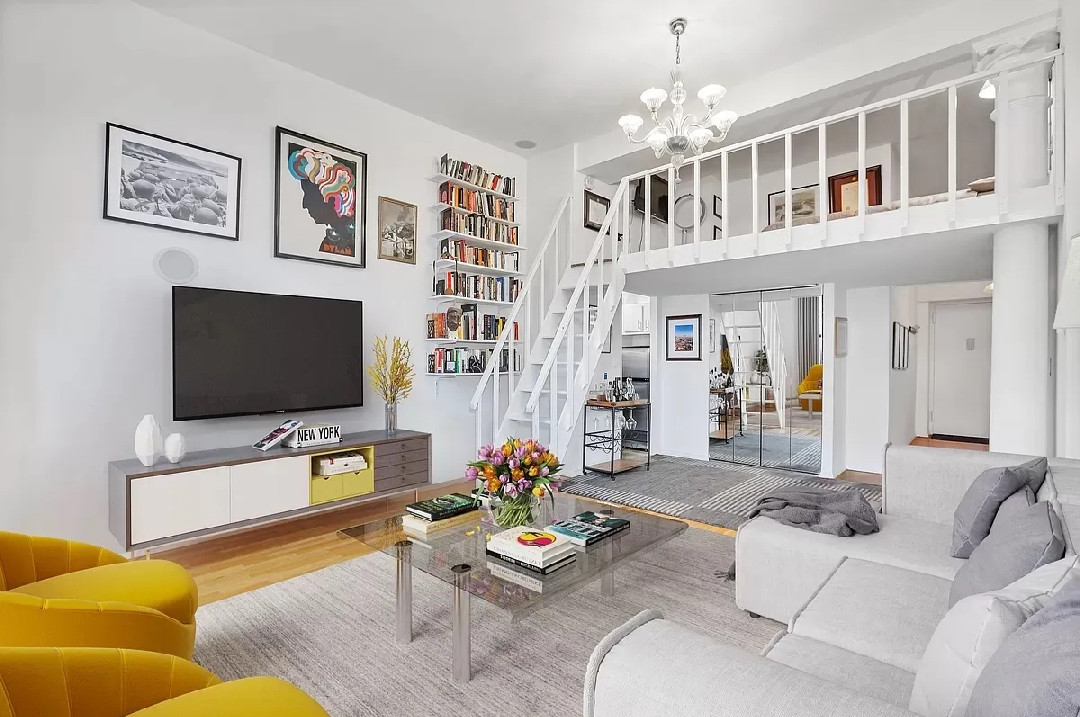Smart Home Labels Increase Home Selling Prices
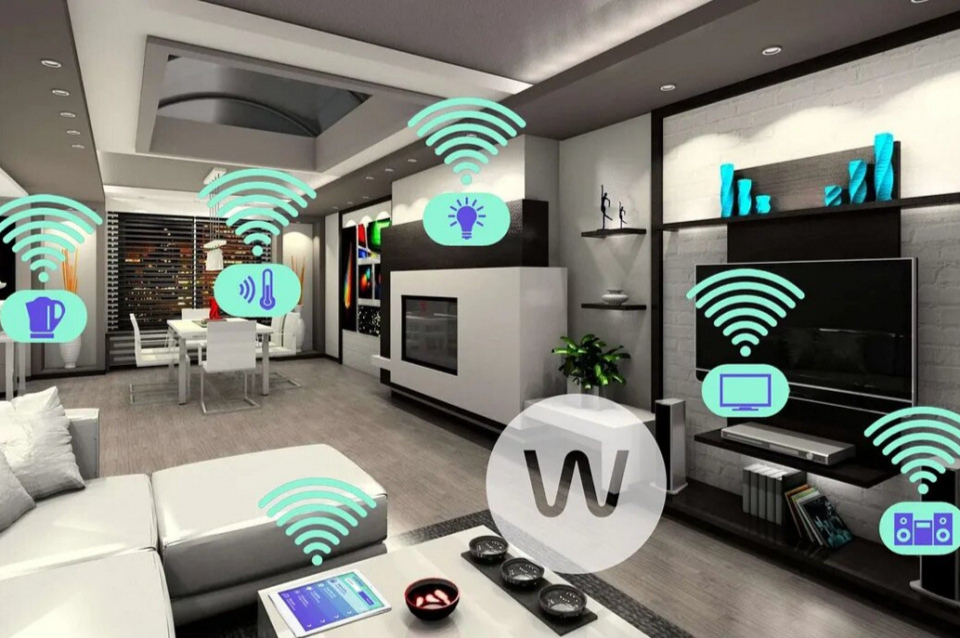
The smart home trend is becoming increasingly popular in the world of real estate. The rapid advancement of technology has brought changes to various aspects of life, including housing. In this era of technological innovation, developers are racing to create housing products and apartments with smart home features.
The smart home label attached to a housing product or apartment adds value to increase its selling price. This is quite reasonable because the installation of smart home systems cannot be considered cheap. However, for some people, this expense is well worth the convenience and security it offers.
Before we dive deeper into the topic, do you know what a Smart Home is? Let's find out in the following article.
What Is a Smart Home?
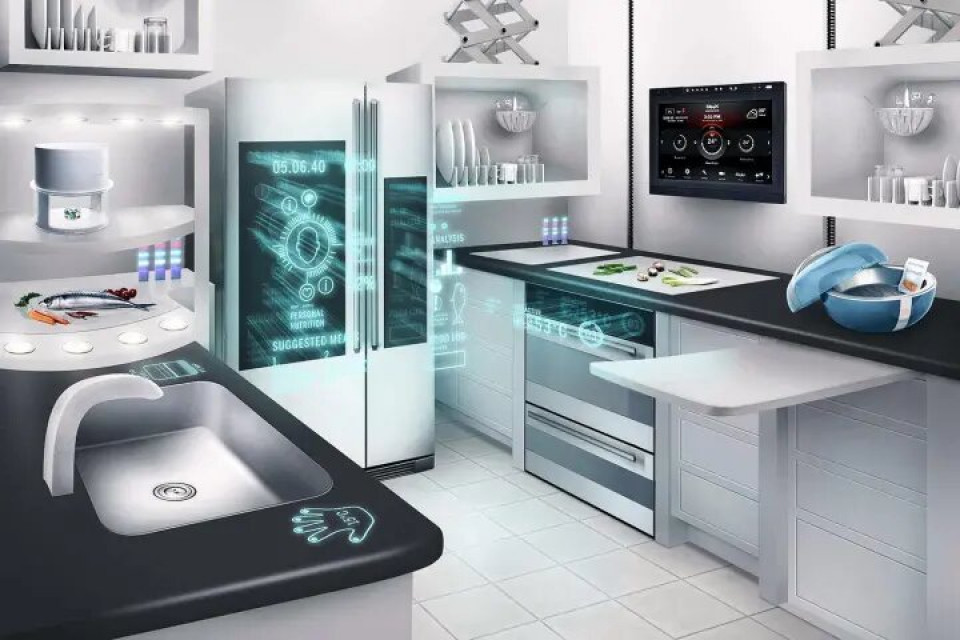
Source : digitaltrends.com
Smart home is a house where various electrical or electronic appliances are connected to a central computer control system, allowing them to be turned on and off at specified times as desired. In short, a smart home is a technology-based intelligent home. The technology in a smart home is designed to automatically control and manage the home remotely from anywhere and at any time. This control is done through a smartphone connected to the internet.
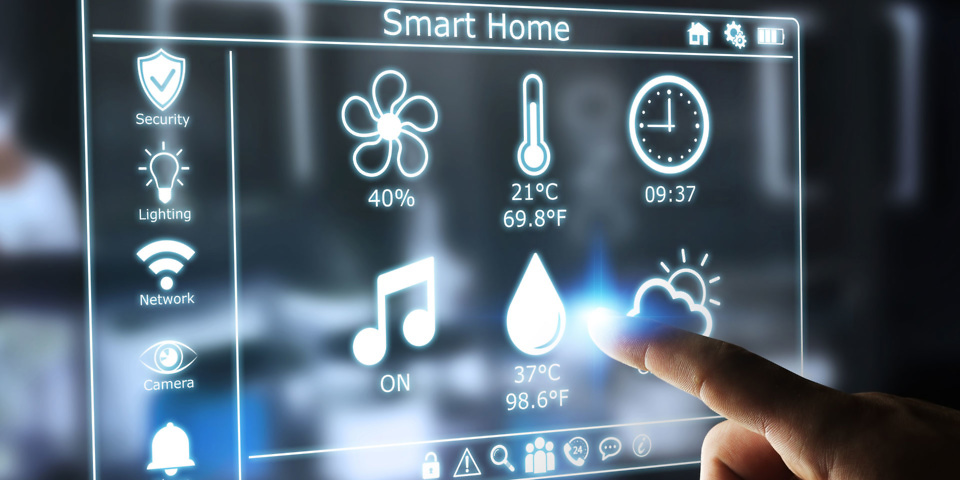
Source : squarespace-cdn.com
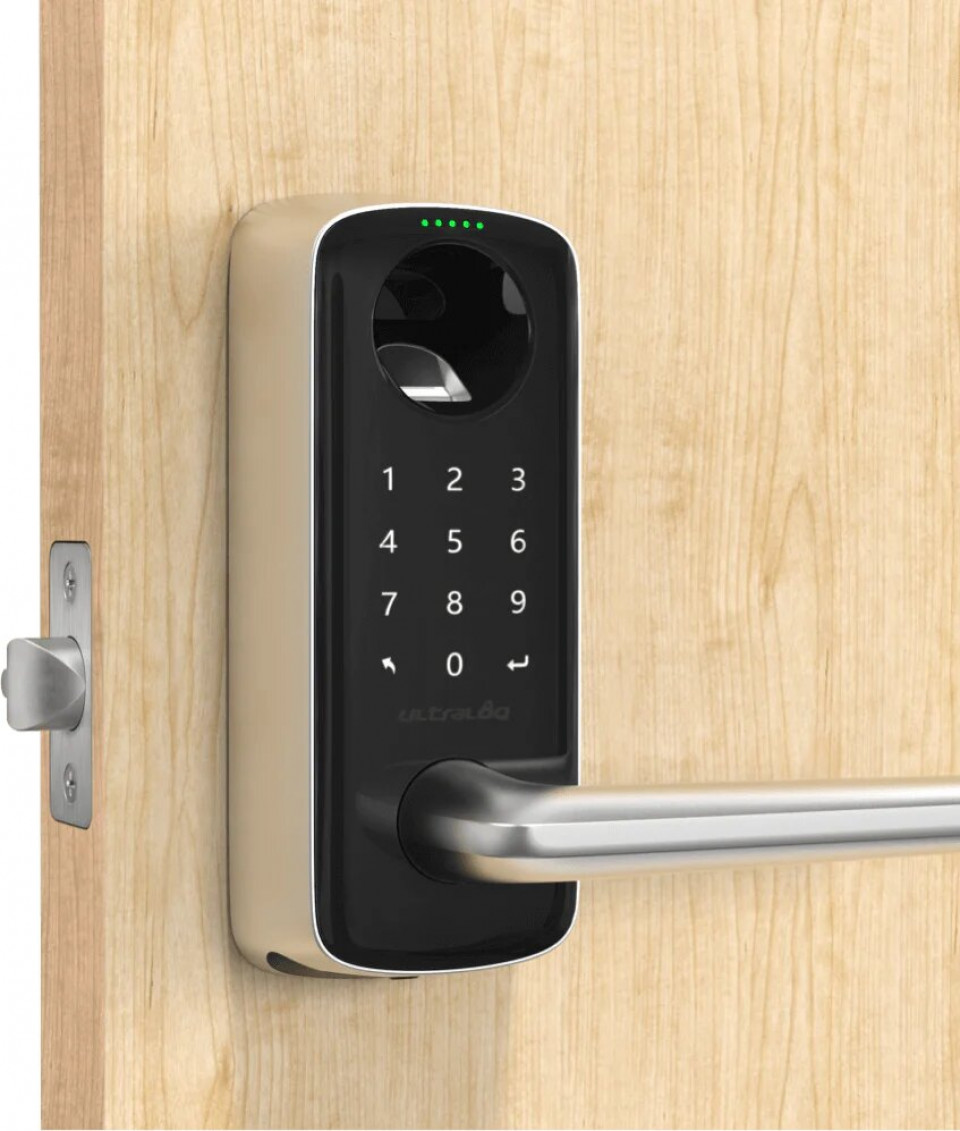
Source : cdn.shopify.com
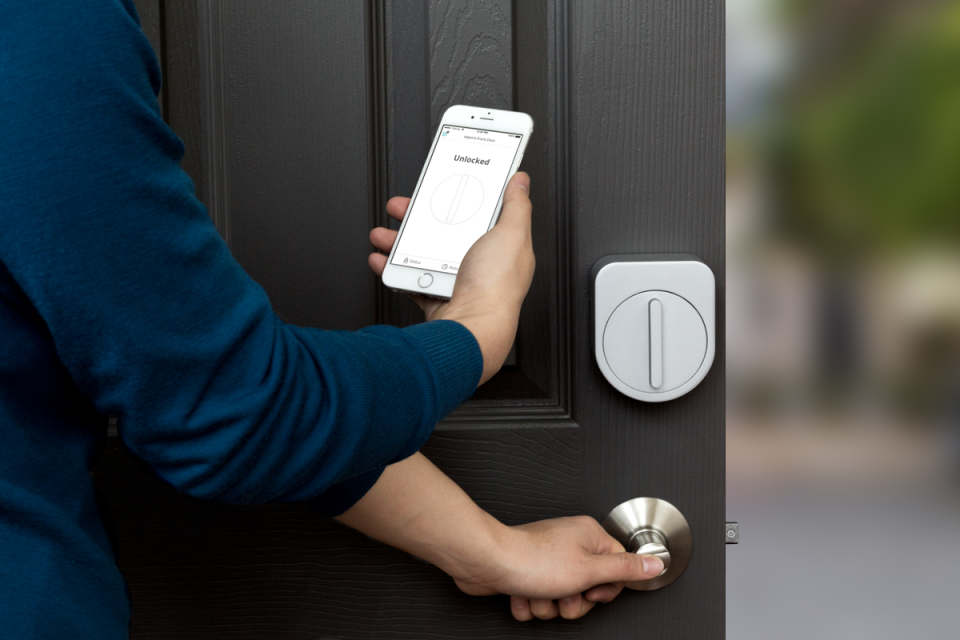
Source : squarespace-cdn.com
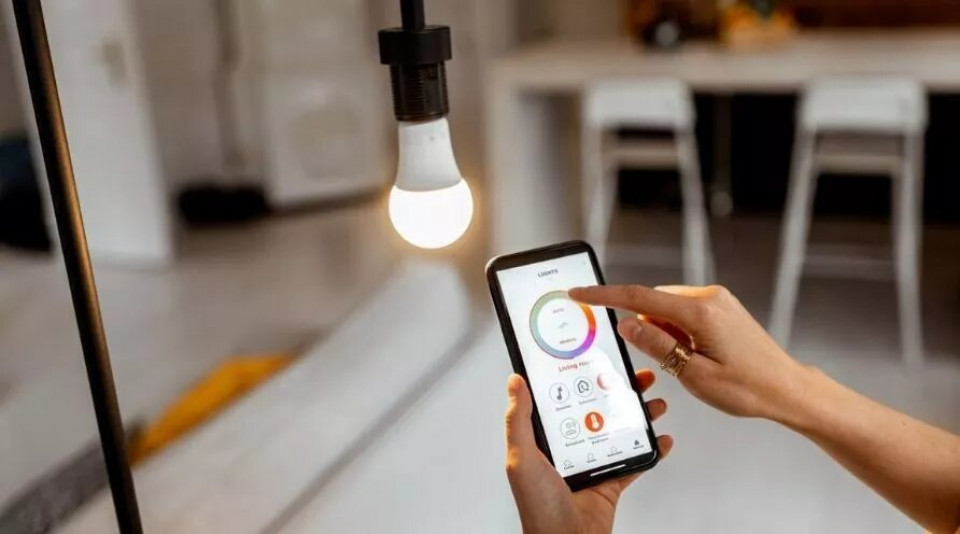
Source : cdn-aldpa.nitrocdn.com
The systems in a smart home are interconnected with all the devices inside the house. This allows residents to control and manage various appliances and functions, such as lights, home access, AC activation, room temperature adjustment, TV and lighting control, home theater deactivation from a distance, and even changing the color and brightness of the lights inside the room.
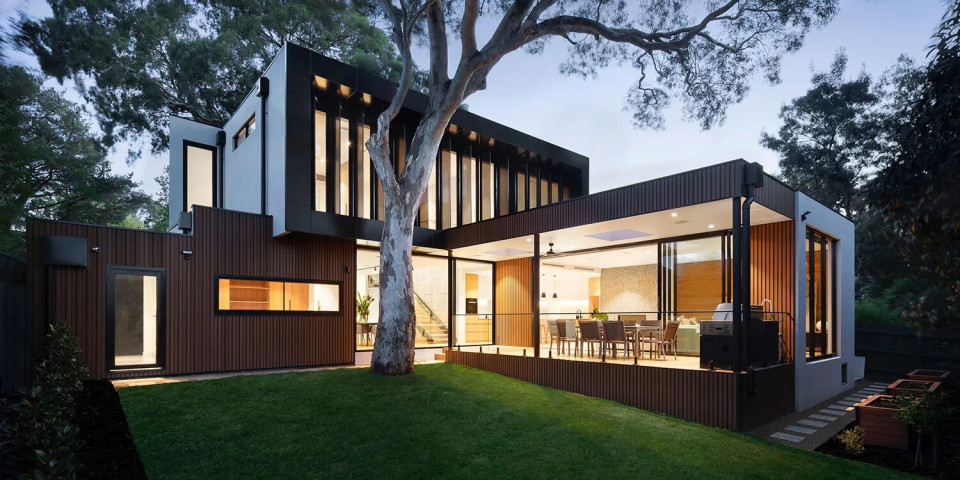
Source : i0.wp.com
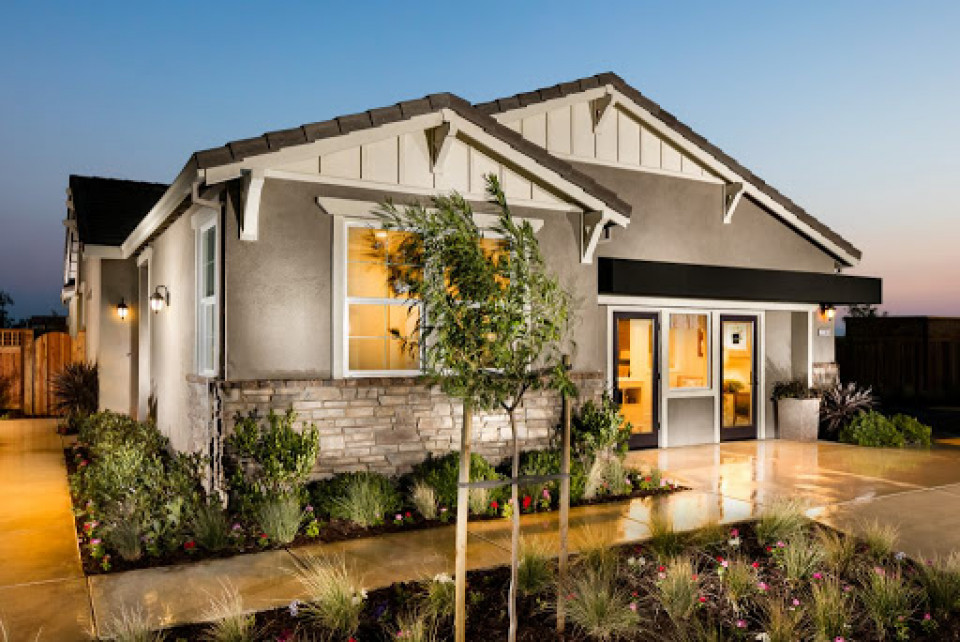
Source : riverislands.com
In terms of exterior appearance, a smart home looks just like an ordinary house. What sets it apart are the advanced features inside the house.
However, as with any technology, there are advantages and disadvantages. The advantages of a smart home include ease and practicality. Why? With a smart home, you don't need many remote controls to operate the appliances. All it takes is one smartphone to easily and quickly control all the devices.

Source : i.pinimg.com
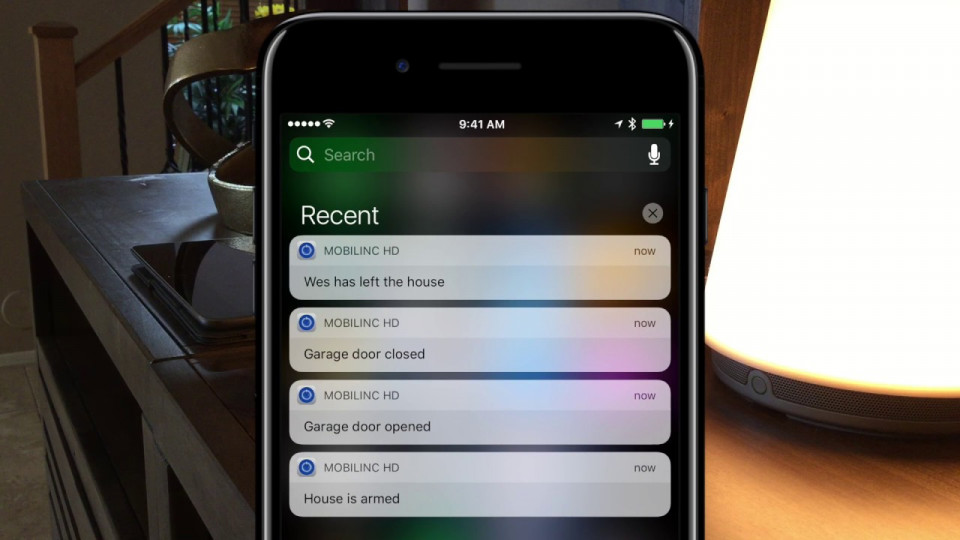
Source : mobilinc.com
Moreover, smart homes are supported by notifications. For example, there is a smoke detector feature that sends notifications in case of a fire threat.
The use of smart homes allows homeowners to reduce electricity bills because everything can be controlled through a smartphone, allowing for efficient usage. There's no need to worry about forgetting to turn off electronic appliances when you're away from home because you'll receive notifications.
Every advantage has its disadvantage, just like smart homes. Although they are capable of saving electricity, there are still shortcomings in their use. The risks of bugs and security issues often disturb users, especially in the age of increasingly skilled hackers. This poses a threat, as hackers can gain access to smart home appliances.
However, this issue can be mitigated by using strong passwords and encryption when available, minimizing the risk of leakage.
The main drawback of smart homes is the relatively high installation cost. It can reach tens of millions for a wireless system and a dozen million for a wired system. Moreover, the electrical conditions in Indonesia are not stable. When the power goes out, smart home functions also go out. Therefore, homeowners are encouraged to have backup and safety systems to avoid being trapped inside the house or causing damage to the security system. This is very dangerous for homeowners who are sleeping or away from home.
So, are you still interested in having a smart home?





